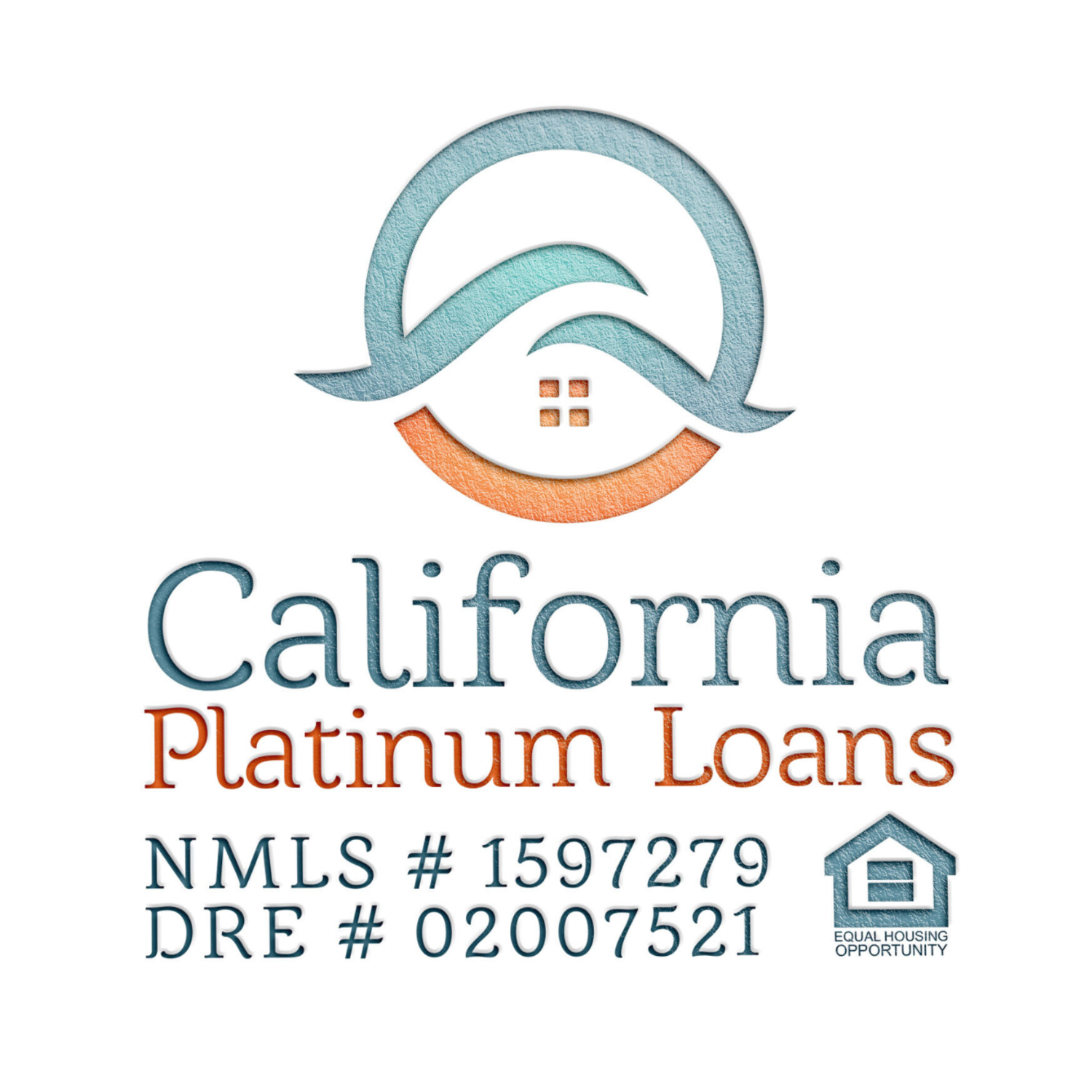Purchasing a home can be challenging, especially for single parents with a tighter budget due to the realities of single parenthood. Fortunately, various loan programs are available to help single parents navigate home-buying and realize their dream of homeownership.
Best Loan Programs for Single Parents
Looser eligibility requirement loan programs are typically the best bet. Here are some of the best loan programs for single parents:
Federal Housing Administration (FHA) Loans
FHA loans are government-insured and reasonably easy to qualify for. This type of loan has a low down payment of 3.5%, low monthly loan insurance, and availability to individuals with credit scores as low as 500.
V.A. Loans
V.A. loans are a good choice for veterans, active U.S. military members, or eligible surviving spouses. This loan offers extensive money-saving benefits and services with no mortgage insurance, zero down payment, low-interest rates, and more.
USDA Loans
USDA loans are provided by the U.S. Department of Agriculture. USDA loans aim to assist single parents with low and moderate incomes who reside in rural areas. These loans offer zero down payment requirements, low-interest rates, and a lower mortgage insurance premium than FHA loans.
Conventional Loans
Conventional loans are a prevalent loan type best suited for salaried employees or consistent earners with a good credit score and some savings. If you are a first-time homebuyer, conventional loans can provide down payments as low as 3%.
Consult a Mortgage Professional
The best low-income loans for single parents vary based on your circumstance and prospective property. It’s essential to consult a mortgage
Single parents who dream of owning a home but are nervous about its challenges should know that home-buying assistance programs can help them purchase a home. We’ve listed some loan programs that may work best for those with a tighter budget due to the realities of single parenthood.Single parents who dream of owning a home but are nervous about its challenges should know that home-buying assistance programs can help them purchase a home. We’ve listed some loan programs that may work best for those with a tighter budget due to the realities of single parenthood.
Looser eligibility requirement loan programs are typically the best bet. Fortunately, various loan programs are designed for lower-income homebuyers, with many offering low down-payment options. Here are some of the best loan programs for single parents’ home-buying journey:
Federal Housing Administration (FHA) Loans are government-insured and reasonably easy to qualify for. This type of loan has a low down payment of 3.5%, low monthly loan insurance, and availability to individuals with credit scores as low as 500.
V.A. Loans: A good choice for veterans, active U.S. military members, or eligible surviving spouses, this loan offers extensive money-saving benefits and services with no mortgage insurance, zero down payment, low-interest rates, and more.
USDA Loans: This loan offered by the U.S. Department of Agriculture is devised to help single parents with low and moderate incomes in rural areas. USDA loans have zero down payment requirements, low-interest rates, and a lower mortgage insurance premium than FHA.
Conventional Loans: This is a prevalent loan type best suited for salaried employees or consistent earners with a good credit score and some savings. Conventional loans can offer down payments as low as 3% if it’s your first time purchasing a house.
The best low-income loans for single parents vary based on your circumstance and prospective property.
Consult a mortgage professional to help weigh your options to get the best deal available. You can contact us by dropping us a line or sending a message on our website.
Please note that specific loan program availability and requirements may vary, so please contact the mortgage advisor for more information.

